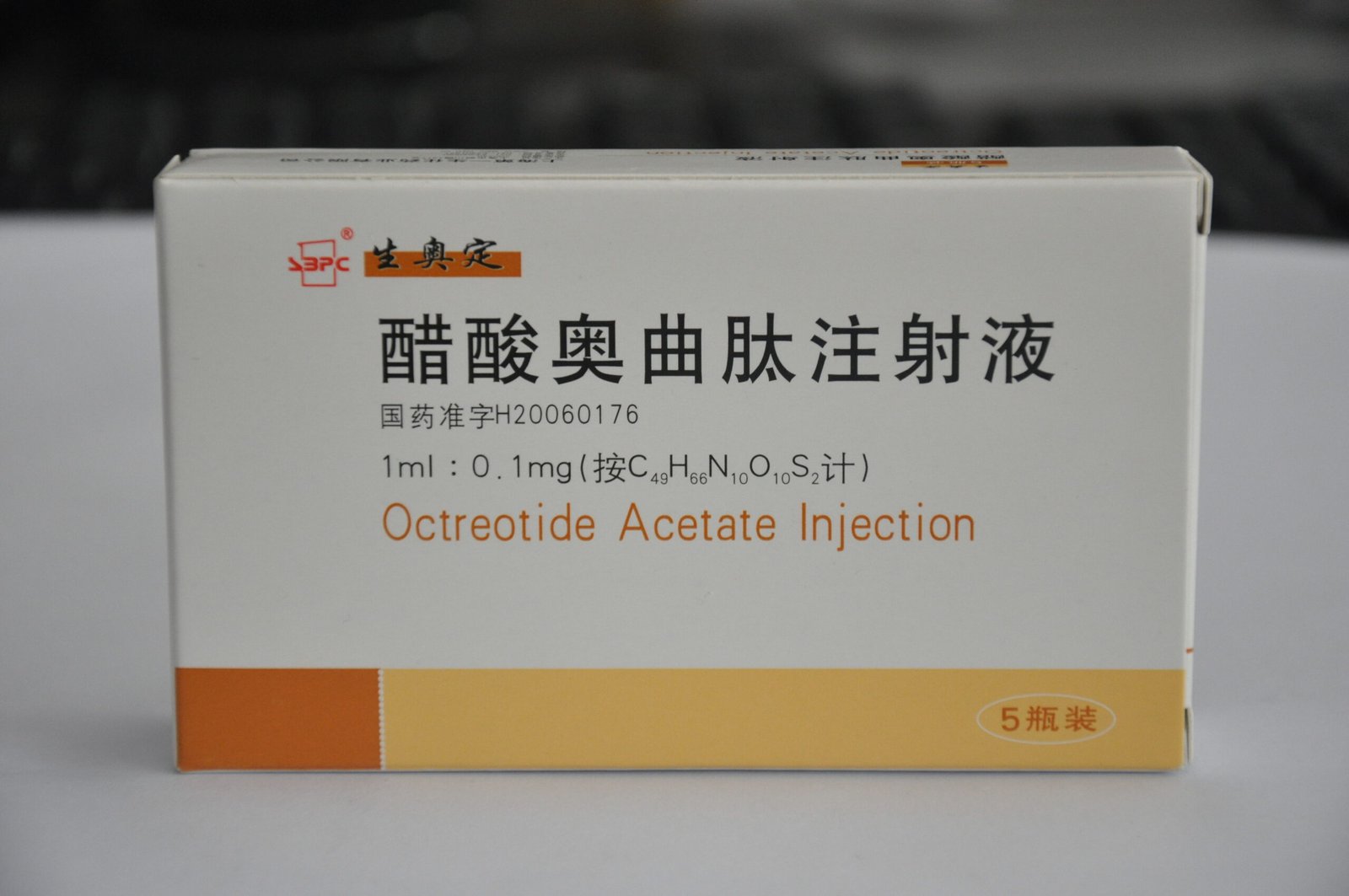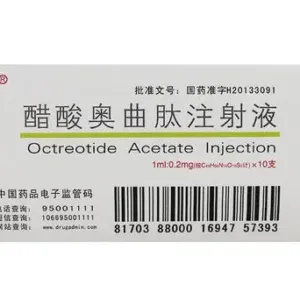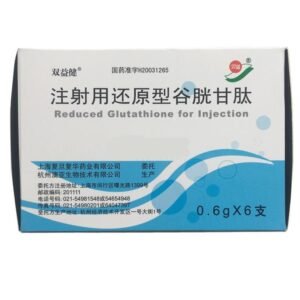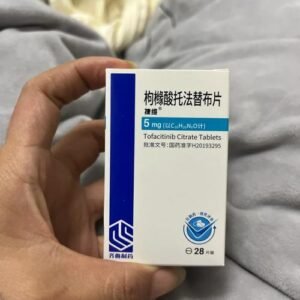: Octreotide Acetate
Effects and efficacy: This product is mainly used for esophageal-gastric varicose bleeding caused by liver cirrhosis, prevention of complications after pancreatic surgery, relief of symptoms and signs of gastrointestinal endocrine tumors, and patients with acromegaly who have failed surgery or radiotherapy. It can control their symptoms and reduce the concentration of growth hormone (GH) and growth hormone mediator C.
Usage and Dosage: Acromegaly: Initial treatment is subcutaneous injection once every 8 hours, 0.05-0.1 mg each time, and then adjusted monthly according to circulating GH, IGF-1 levels and clinical response and tolerance (target: GH less than 2.5 ng/ml; IGF normal range). The optimal daily dose for most patients is 0.2-0.3 mg. For patients who receive the same dose for a long time, GH concentration is measured every 6 months. The maximum daily dose of 1.5 mg should not be exceeded. By monitoring plasma GH levels, the dose can be reduced as appropriate after several months of treatment. If there is still no reduction in GH levels and no clinical response after one month of medication, discontinuation of the drug should be considered. Gastroenteropancreatic endocrine tumors: Initially subcutaneously inject 0.05 mg once or twice daily, gradually increase to 0.2 mg three times daily based on clinical response and tumor hormone concentration (in the case of carcinoid, based on urinary excretion of 5-hydroxyindoleacetic acid) and tolerance. Individual cases may require higher doses. The maintenance dose depends on individual differences. Octreotide should not be used for more than one week if clinical symptoms and laboratory tests do not improve after medication. Prevention of complications after pancreatic surgery: Subcutaneous injection three times a day, 0.1 mg each time, for 7 consecutive days, the first medication is at least 1 hour before surgery. Esophageal-gastric variceal bleeding: Continuous intravenous infusion of 0.025 mg/hour for up to 5 days of treatment. Octreotide can be diluted with saline or grapes. In patients with cirrhosis with esophageal and gastric variceal bleeding, octreotide is continuously infused intravenously at 0.05 mg/hour for 5 days. The same drug produced by different manufacturers may have inconsistent instructions. If you find inconsistencies in the instructions before taking the drug, please consult your doctor or pharmacist in time.
Contraindications:
Contraindicated if allergic to this product. Use with caution during pregnancy. Use with caution during lactation. Use with caution in children.
Related dosage forms:
Injection
Share:
Products
Our offers
Health Classification
Let us work together to protect precious health































